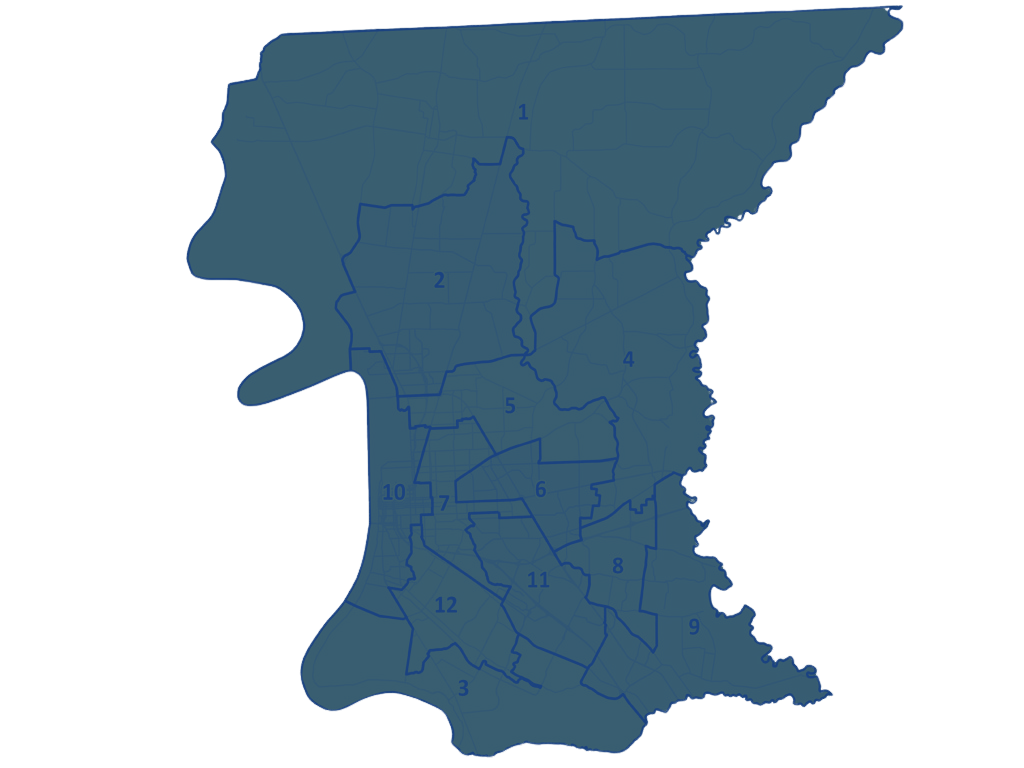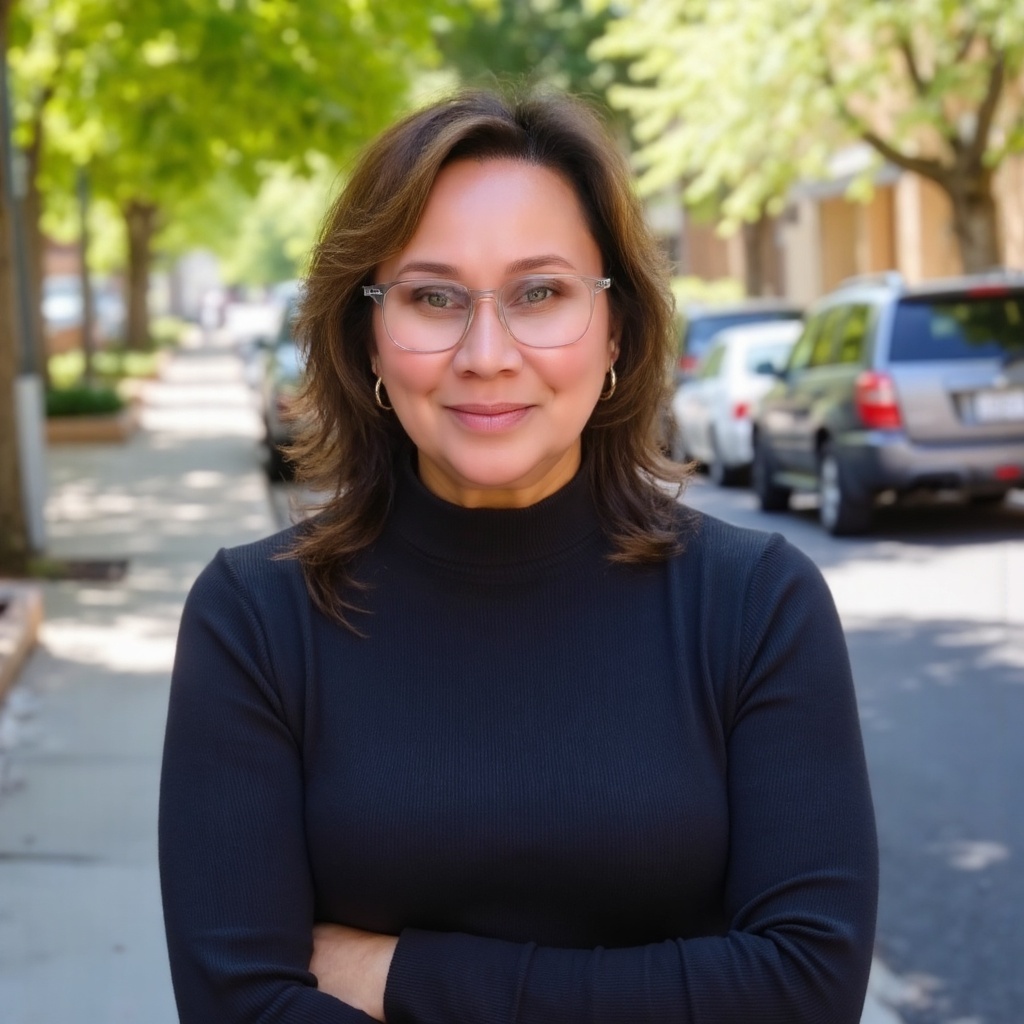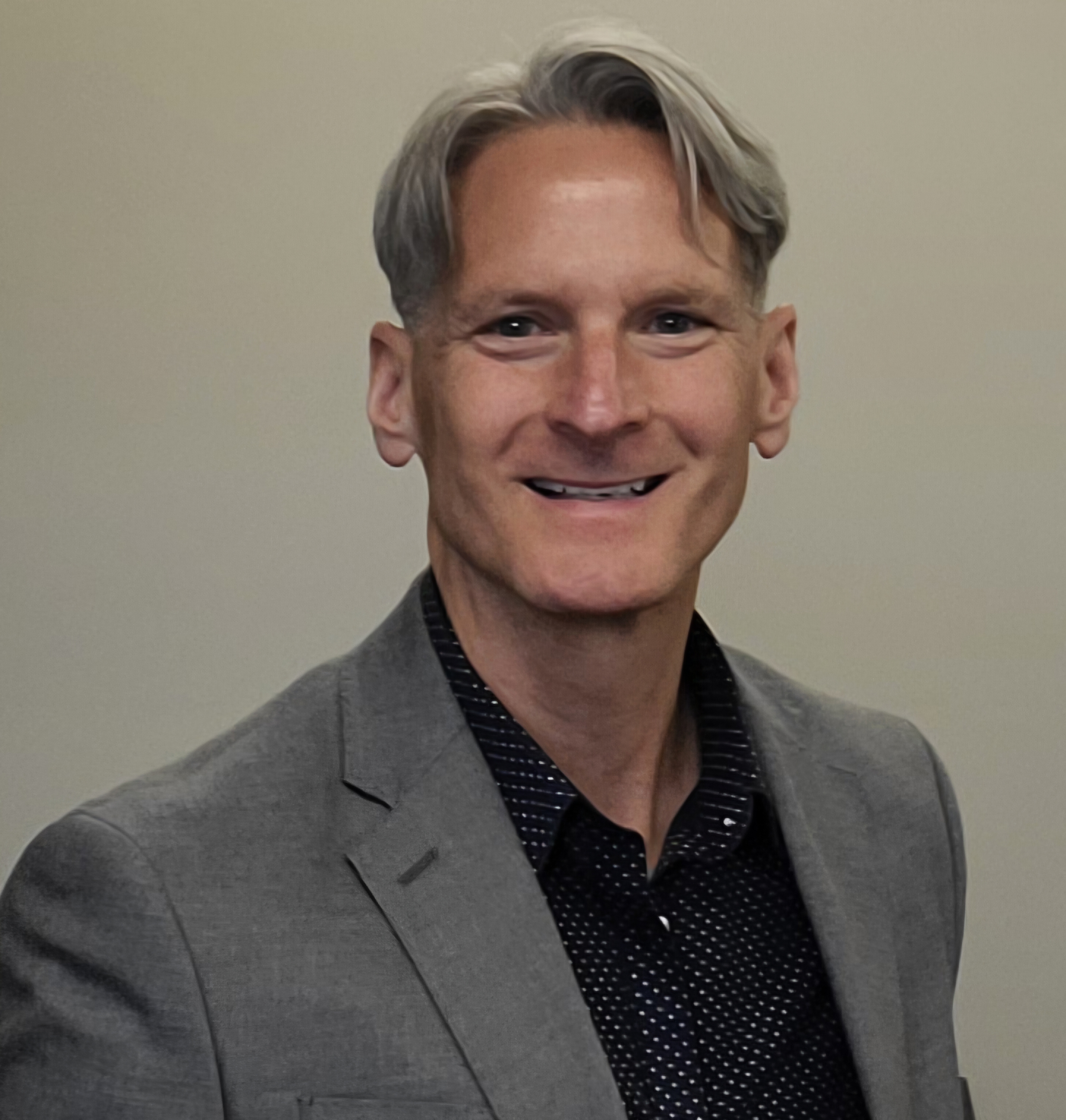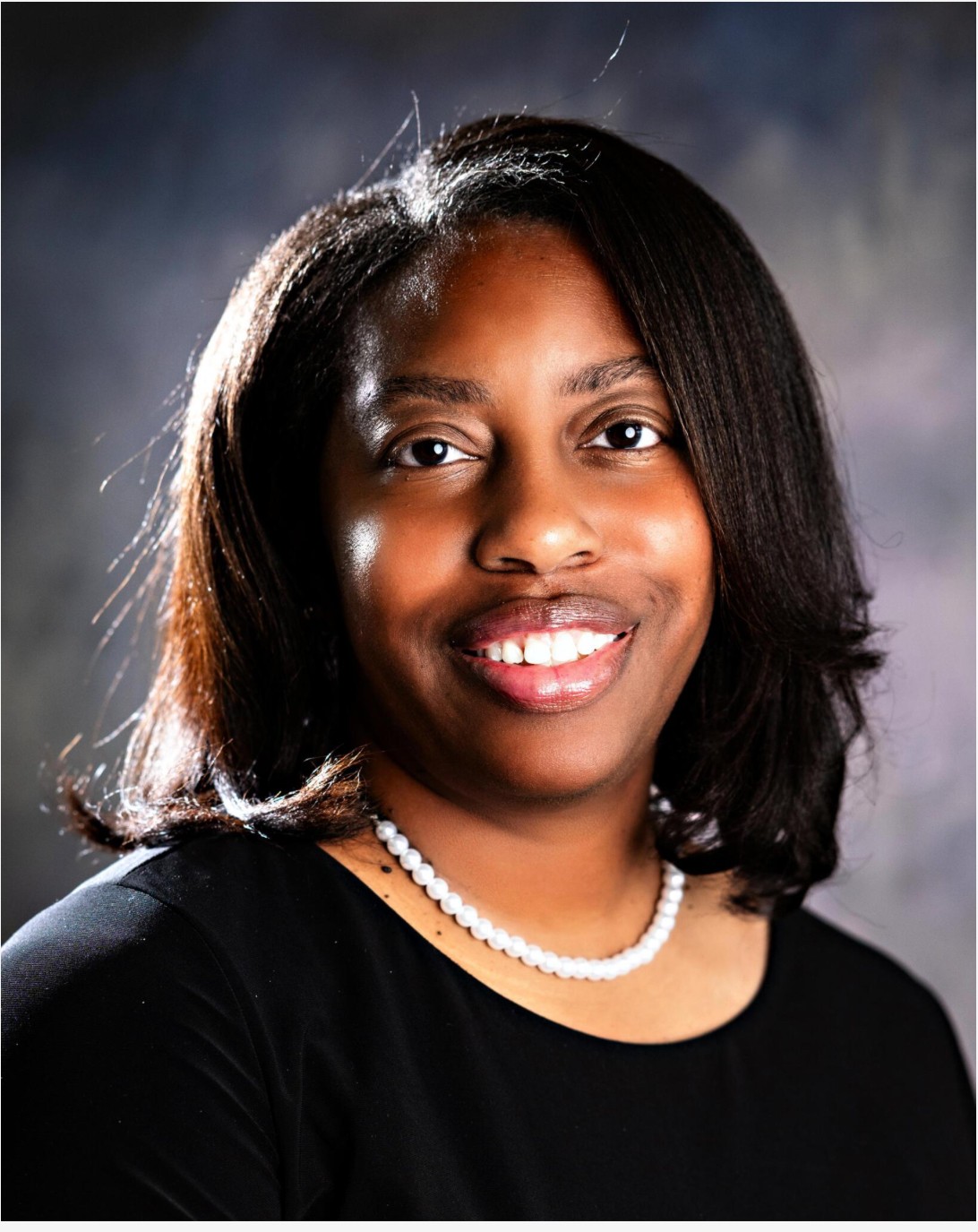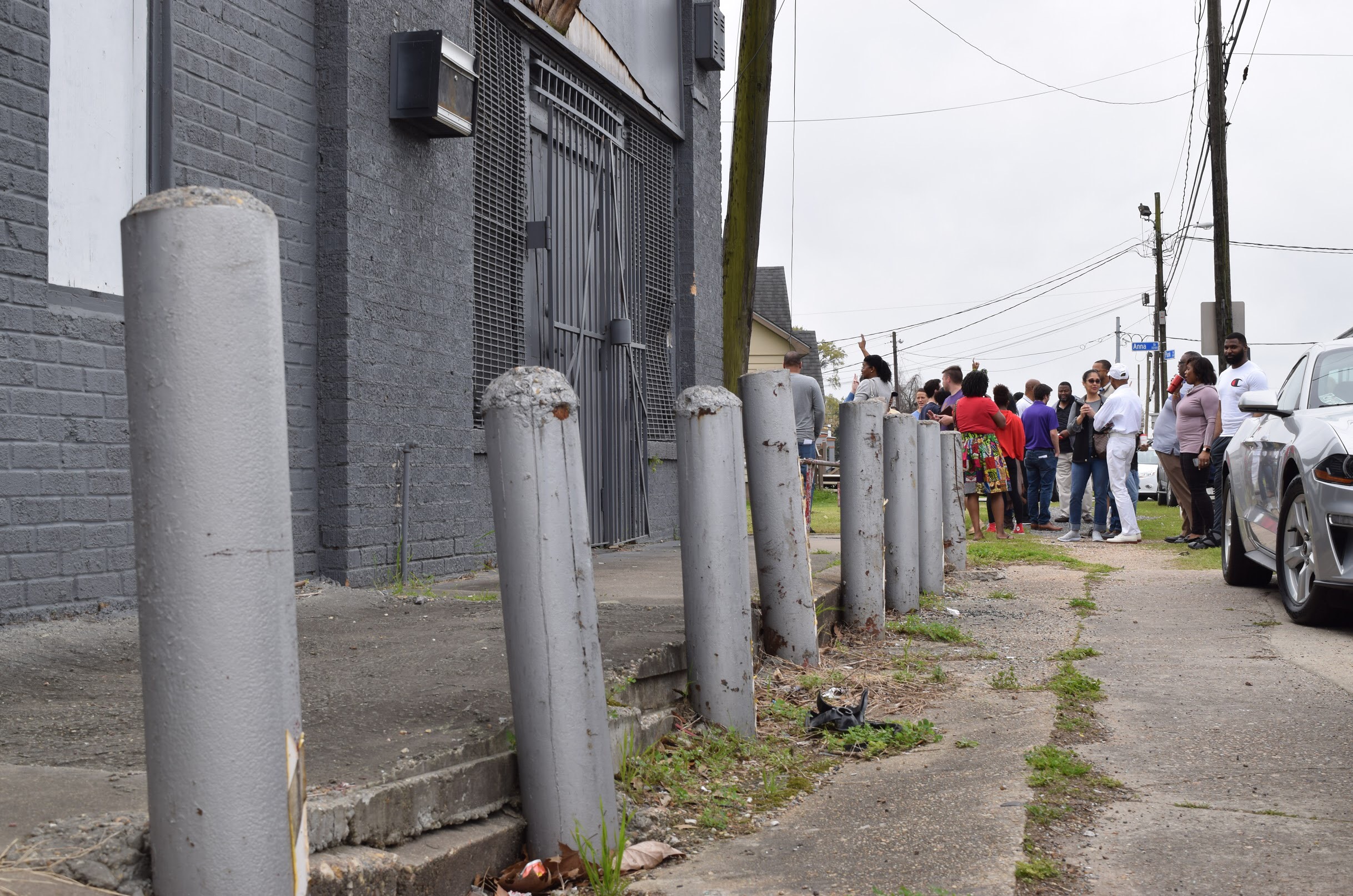Community Events & Survey Now Live
You Said, We Heard: Share Your Voice on North Baton Rouge’s Future
LEarn
More
More
RSVP for
town hall
town hall
Our work creates lasting value for East Baton Rouge communities through housing, jobs, investment, and the return of vacant land to productive use.
Total Development Supported
Catalyzed through planning, land assembly, and project partnership.
Jobs Created or Retained
Through housing, commercial, and infrastructure projects.
Affordable Housing Units Developed
Delivered across Baton Rouge in partnership with developers and nonprofits.
Blighted Properties Acquired
Held in BBR’s land bank and prepared for community-aligned reuse.
